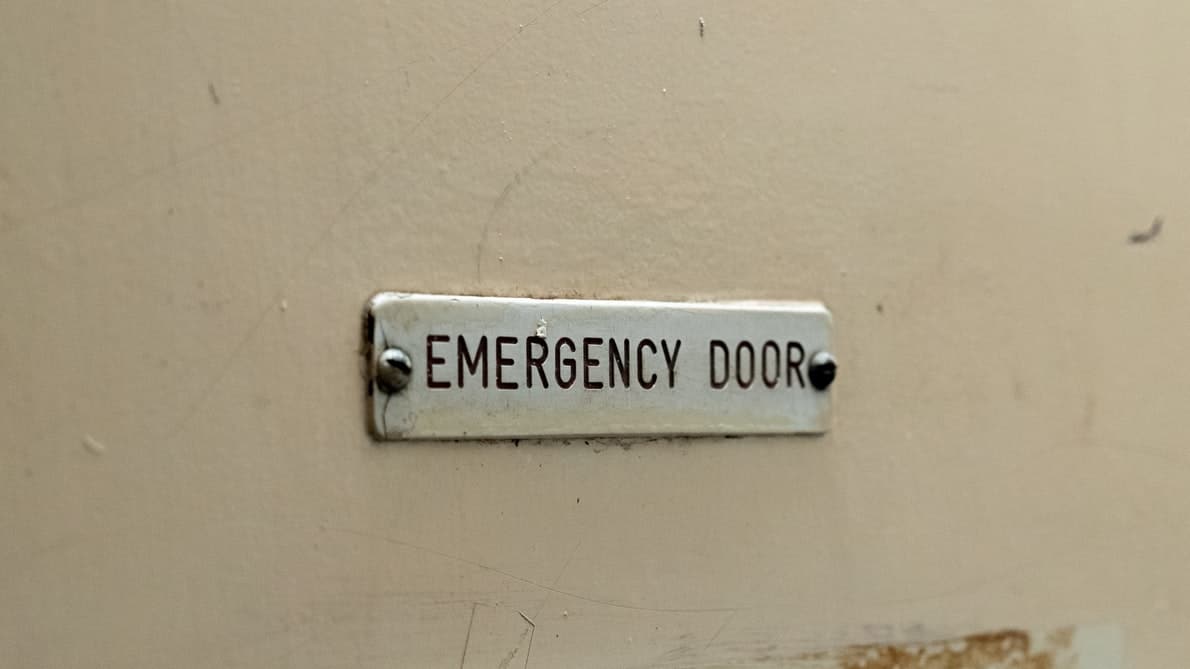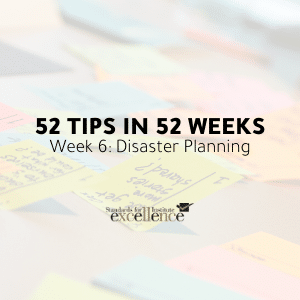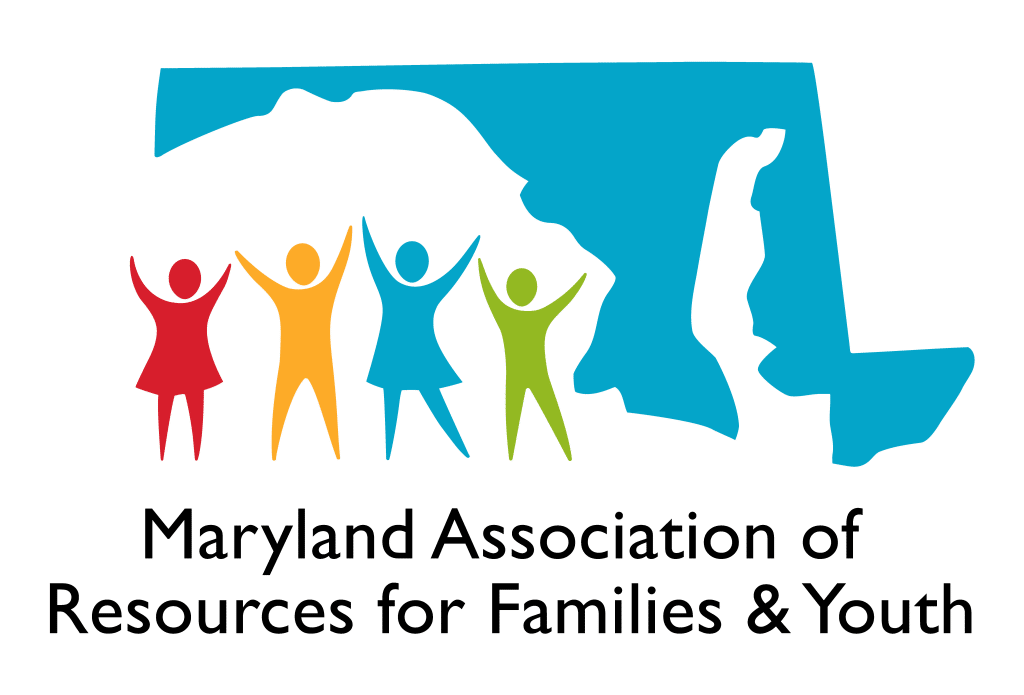Esto forma parte de una serie especial, ofrecida por el Instituto de Normas para la Excelencia, para proporcionar a los líderes de organizaciones sin ánimo de lucro un breve consejo semanal sobre gobernanza y gestión de organizaciones sin ánimo de lucro a lo largo de 2020. Esperamos que estos breves consejos le sean útiles a usted y a las organizaciones sin fines de lucro a las que sirve. Si tiene sugerencias para temas futuros, envíelas a acmadsen@standardsforexcellence.org.
Not a week goes by when we don’t hear about some nonprofit that is tackling the impact of some type of disaster. Whether it’s a fire, a health emergency like an epidemic or pandemic, a natural disaster, or a violent act, nonprofits big and small are tackling disasters on an on-going basis. International disaster and relief organizations, hospitals, health and human services, food and housing organizations, and animal rescues are often a part of the first responder teams in many emergencies – and many of these organizations continue to provide support long after the immediate event.
At my organization, I am sincerely grateful for my colleagues who head up our efforts for disaster preparedness. The time and effort that is invested in ensuring that our emergency plans are up to date, that emergency supplies and water are replenished, that drills are carried out, that our team is trained, and that emergency communications strategies are available and ready to be employed is essential for ensuring not just the continuity of our services, but protecting the safety of our team.

The Standards for Excellence: An Ethics and Accountability Code for the Nonprofit Sector encourages all nonprofits to have written board-approved administrative policies addressing crisis and disaster planning that are periodically reviewed by the board.
Nonprofit services are vital to many communities. So maintaining capacity to serve others is crucial.. Having a crisis and disaster plan can help ensure that nonprofits:
- Prepare for emergencies, to the extent possible
- Respond quickly and clearly to all constituents
- Continue to offer its essential programs
- Resume full operations as soon as possible
- Safeguard and protect vital organizational resources
The Standards for Excellence educational packet on Administrative Policies includes helpful resources and samples of a crisis and disaster plan; roles and responsibilities of the nonprofits’ disaster/crisis response team; a nonprofit risk assessment worksheet; a business continuity plan worksheet; and a sample emergency crisis communication plan. Members of Maryland Nonprofits have access to this and all 27 Standards for Excellence Educational Resource Packets through the member portal.
Esto forma parte de una serie especial, ofrecida por el Instituto de Normas para la Excelencia, para proporcionar a los líderes de organizaciones sin ánimo de lucro un breve consejo semanal sobre gobernanza y gestión de organizaciones sin ánimo de lucro a lo largo de 2020. Esperamos que estos breves consejos le sean útiles a usted y a las organizaciones sin fines de lucro a las que sirve. Si tiene sugerencias para futuros temas, envíelas a Amy Coates Madsen.
Blog Post: ¿Qué debe incluir el informe anual de nuestra organización sin ánimo de lucro?





